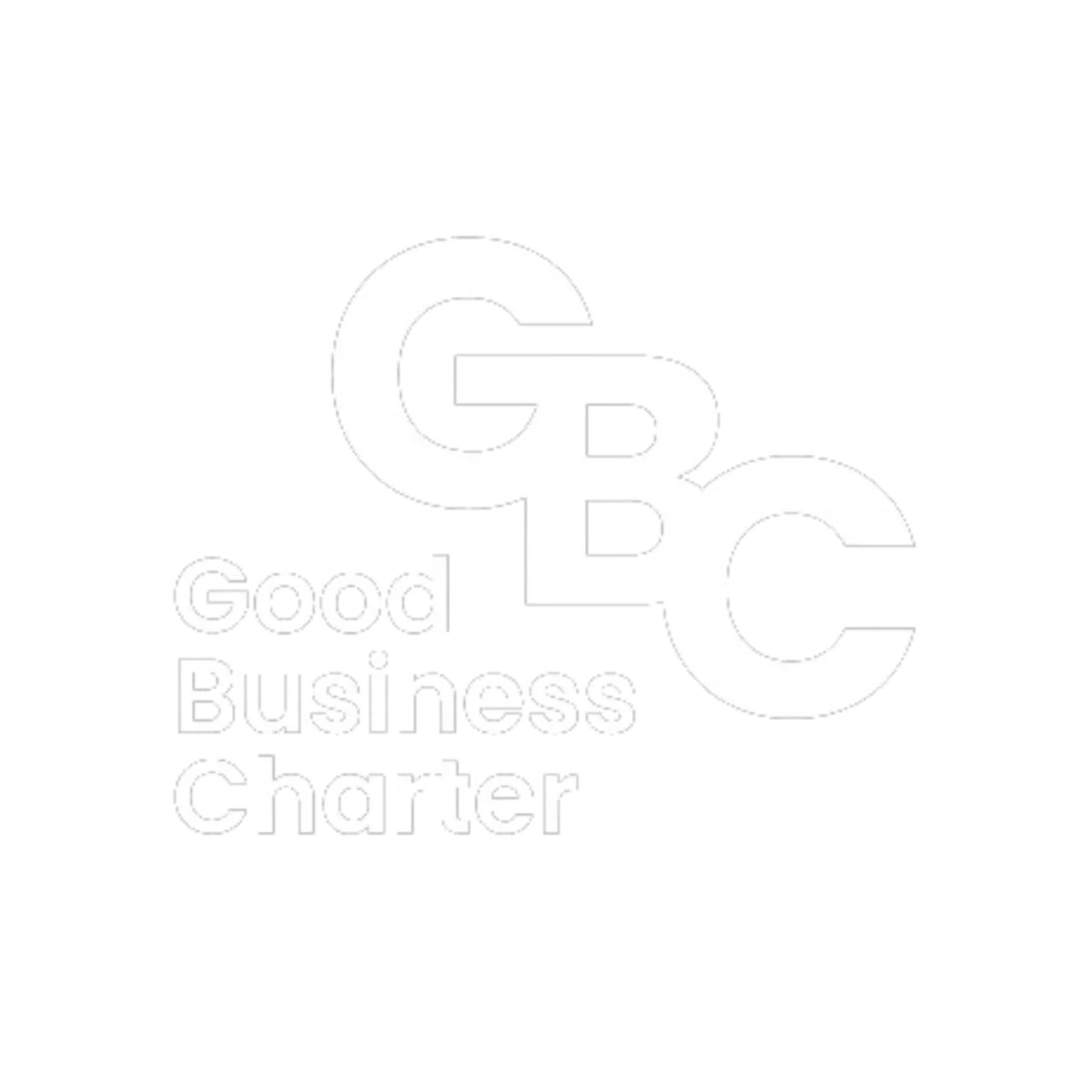
A Comprehensive Guide on How to Prepare for an IT Technical Interview
14 Nov, 20234You can be invited to a technical interview as a job applicant so the company can see the pa...

You can be invited to a technical interview as a job applicant so the company can see the particular talents you highlighted on your application.
The hiring manager may question you during the interview, and there may be exams to see how well you know your field. You may create a good impression and demonstrate that you can handle the responsibilities of the job you're pursuing by knowing how to prepare for the employer encounter.
The technical interview is unlike any other job interview since it is a rigorous, specialised procedure that evaluates your personality, problem-solving capabilities, and coding skills.
Even while a tech interview can be frightening (with whiteboard tasks, remote coding challenges, and perhaps even whole days of onsite interviews), it goes much more smoothly if you are prepared for it and have put some effort into your preparation.
Landing a job in the ever-evolving field of Information Technology (IT) is an exciting endeavor, but it often involves facing a technical interview. Technical interviews can be challenging, but with the right preparation, you can confidently tackle any question or scenario thrown your way. In this comprehensive guide, we'll explore the key steps to help you prepare for an IT technical interview and increase your chances of success.
What is a Technical Interview?
Tech interviews, in contrast to other interview kinds, include tasks and difficulties. They resemble exams more than the standard question-and-answer format of an interview.
Like the adage "Show, don't tell," you must demonstrate your ability to perform the job in question rather than simply telling the interviewer that you do.
Contrary to common assumption, the technical interview's objective is not to deceive you with enigmas, brainteasers, or absurd questions. Instead, it's to examine how you deal with challenges you would have in the real world once you land the job.
A technical interview typically comprises the following components:
Phone Screen
During a phone screen, a qualified interviewer assesses your suitability for the position through a telephone conversation. They ask questions to evaluate your qualifications, both educational and professional, while also gauging your communication skills.
Remote Coding Assignment
Many companies require candidates to complete a remote coding assignment. This assignment serves as a means for the company to evaluate your problem-solving abilities, creativity, and technical proficiency in programming languages. For instance, if you're applying to a financial company specializing in Python-based applications for credit-building purposes, the assignment may evaluate your proficiency in using Python to design and construct a user interface.
In-Person Interview
Following the phone screen and initial assessments, your next interview stage could involve an in-person meeting with an interviewer to confirm your candidacy. During this face-to-face interview, you may respond to both behavioral and technical questions, while also having the opportunity to ask questions of your own.
Desirable Qualities to Exhibit in a Technical Interview
When participating in a technical interview, it's crucial to demonstrate certain qualities to make a positive impression on the hiring manager.
Here's a list of these qualities:
Technical Knowledge
In a technical interview, it's imperative to showcase your comprehensive understanding of the technical aspects relevant to the position you're pursuing. For instance, if you're vying for a software developer role, expect questions that evaluate your proficiency in coding, code inspection, user experience design, and product performance testing.
Advanced Problem-Solving
Demonstrating advanced problem-solving skills can set you apart. It indicates your ability to overcome challenges and maintain productivity within the workplace. For instance, if you aspire to be a cybersecurity specialist, the interview might assess your capability to prevent recurring security issues and adhere to emergency protocols.
Creativity
The technical interview provides an opportunity to highlight your creativity. This can impress hiring managers by showcasing your capacity to devise innovative solutions that can enhance the company's competitive edge in the market. When responding to questions or completing assignments, be prepared to offer multiple solutions to a single problem, illustrating your innovative thinking.
Communication
Effective communication is paramount, particularly in technical roles. The ability to explain complex processes in a simple, understandable manner is highly valued. Moreover, strong communication skills are essential when collaborating within a team or addressing and resolving issues.
Cultural Fit
Employers often seek candidates whose personality and professional values align with the company's culture. To prepare for the interview, conduct thorough research on the prospective employer to understand their culture. Tailor your responses to showcase how your knowledge of the company and your contributions can align seamlessly with their ethos and objectives.
How to prepare for a technical interview
Preparation is the key to a successful technical interview. You might not know what your assignment will be, but there are several steps you can take to ensure that you’re equipped for anything. Plus, your interviewer is bound to be impressed by your readiness.
Incorporating these qualities into your responses during a technical interview can greatly enhance your chances of securing the position and leaving a lasting positive impression on the hiring team.
Consider the tools and skills necessary for the role
Consider the fundamental requirements of the position. It is essential to look over the job description to figure out what you need to learn. This can entail using business intelligence tools, working with data structures, comprehending algorithms, or writing code in a particular language.
If you have a firm grasp of the fundamentals, you'll be well-equipped to respond to any pertinent interview questions. By concentrating on the fundamental concepts necessary for the technical position, you can make an outline of what you can learn or review.
Be Fluent in Programming Languages
For the technical interview, you can typically employ your favourite programming language, and being knowledgeable about it will help you make a good impression.
By mastering your programming language, you can avoid wasting time figuring out grammar and instead focus entirely on the task. Additionally, you can have the chance to impress your interviewer with a unique feature or approach. Learning about data structures and algorithms is also worthwhile. This will improve the efficiency of your coding and help you comprehend the ideas used in your technical interview better.
Practice for the Interview
You can practice logical equation strings that make sense for the position to get ready for the practical components of a job interview, such as homework assignments or in-person problem-solving. Speaking aloud while doing this can be beneficial. It helps you stay focused while working through difficult challenges, and it helps interviewers understand how you think.
If you’re going for a support-focused role, be prepared to talk through your troubleshooting methods for a technical incident, alternatively for a systems engineering role be prepared to talk about how you have built out a virtual environment.
While you're practicing questions for all sorts of scenarios, review the kinds of general interview questions about skills and behaviors that you're likely to have at an interview. Have examples prepared, be ready to talk through your work, providing thorough answers, and arriving at your interview prepared to ask questions can make a big difference for moving forward in the interview process.
Review Past Projects
Be prepared to discuss your past projects, especially those relevant to the job. Explain your role, the challenges you faced, and how you overcame them. Highlight any measurable results or improvements you achieved.
Stay Updated
The IT field is constantly evolving. Keep up to date with the latest industry trends, tools, and technologies. This demonstrates your commitment to continuous learning and adaptability, qualities highly valued in IT professionals.
Ask Questions
By the time you have your technical interview, you’ve probably already spoken with the company’s recruiter or hiring manager. Feel free to ask them questions about what you should expect or the technologies used by the team you’ll be joining.
Relax and Be Yourself
On the day of the interview, stay calm and confident. Remember that interviews are a two-way street: it's also an opportunity for you to assess if the company is the right fit for you. Be genuine and authentic in your responses.
In Summary
Preparing for an IT technical interview requires dedication and thorough groundwork. By understanding the role, mastering the fundamentals, practicing problem-solving, and honing your communication skills, you'll be well-prepared to excel in your next IT interview. Remember that each interview is a learning opportunity, and even if you don't get the job, the experience gained will make you better prepared for the next opportunity.
If you're looking for a career change but not sure where to start? Get in contact today to hear about the opportunities Franklin Fitch has for you to reach your full potential.









